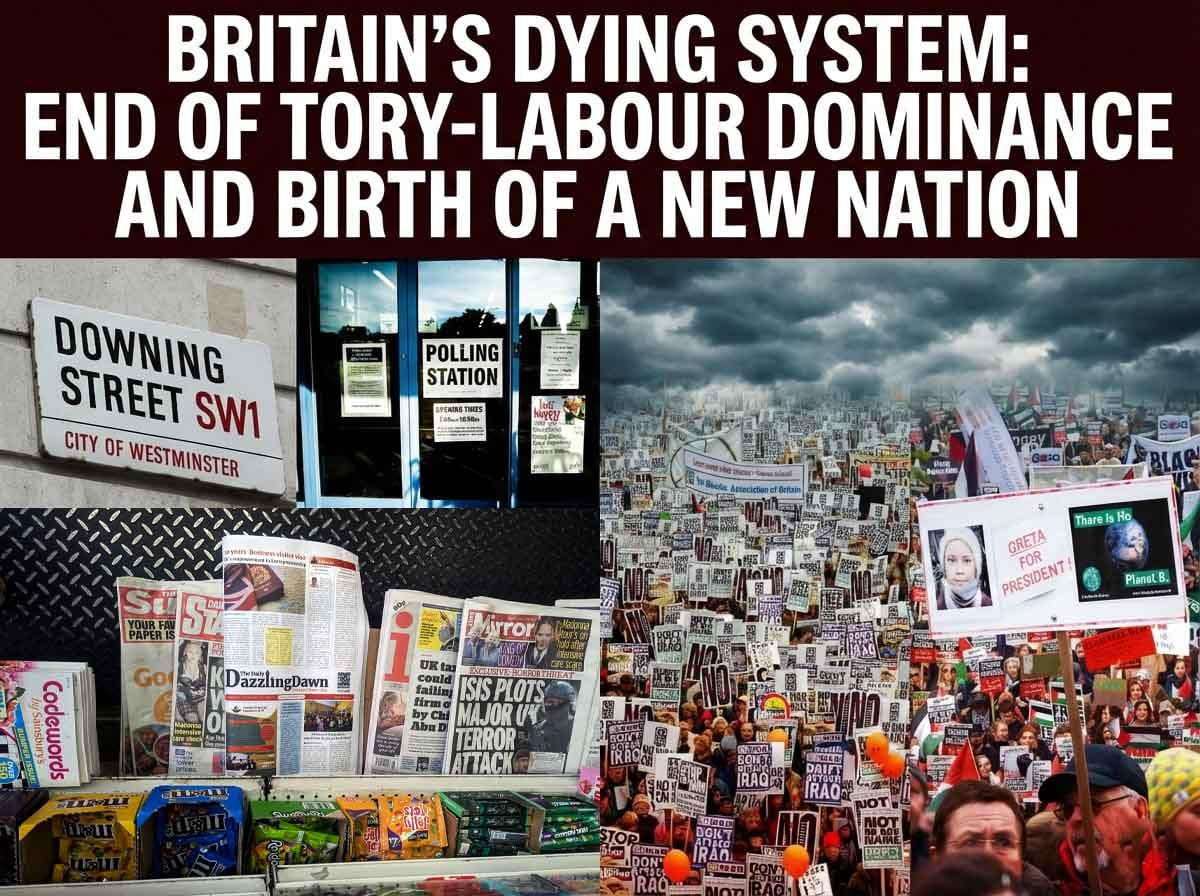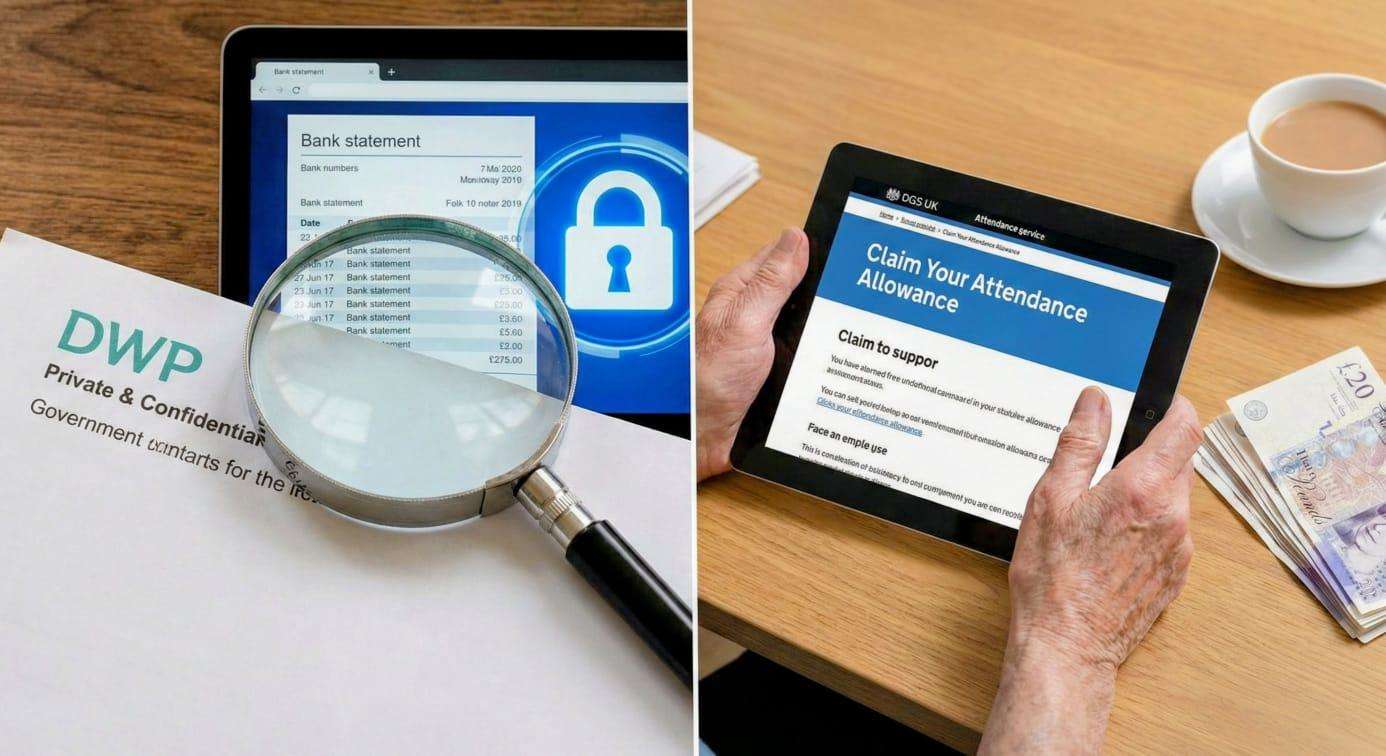Energy bills in the UK are set to rise by £3 from January, despite earlier forecasts suggesting households would see a reduction in costs. On Friday, Ofgem, the energy regulator, announced the new price cap of £1,758 per year for a typical household, up from the current £1,755.
This increase comes after two consecutive quarters of rising bills and amid concerns that prices could climb further in April. Analysts at Cornwall Insight had predicted that bills would fall to £1,733 in January. However, they expect them to rise to £1,808 in April, mainly due to network charges funding net zero upgrades to the electricity infrastructure. Cornwall Insight warned that this trend is likely to continue in the long term.
Simon Virley of KPMG highlighted that the Labour government is under pressure to show households how energy costs could be reduced. “Without intervention, the price cap is expected to rise in April due to network charges and new subsidy costs, including those for renewables and Sizewell C,” he said, adding that the upcoming Budget will be closely watched for measures to bring bills down.
Sam Richards of Britain Remade noted that even a small £3 increase matters for households struggling with the cost of living. He cautioned that pushing too many renewable projects into auctions could inadvertently make energy more expensive.
Cornwall Insight also pointed out that wholesale energy costs, once the main driver of bills, now account for less than 40% of the total, while network charges and green levies will dominate over 60% of costs. Independent analyst Ben James warned that by 2030, household bills could rise by almost 17%, or about £160 annually, even if wholesale prices fall.
Energy Secretary Ed Miliband has promised to cut bills by £300, but executives from Octopus Energy, Centrica, E.On, EDF, and Ovo are urging the government to address levies linked to net zero costs, which they say are pushing prices higher. Rachel Fletcher of Octopus Energy said electricity prices could be 20% higher in four to five years, even if wholesale prices halve.
Conservative shadow energy secretary Claire Coutinho criticized Miliband’s plans, saying rising green levies could add £260 to bills by 2030 and emphasizing the need for cheaper energy.
Energy Minister Martin McCluskey stated the government is taking steps to ease costs, including a £150 warm home discount for millions of families and investing in clean power and nuclear energy to deliver long-term affordable electricity.








.svg)


